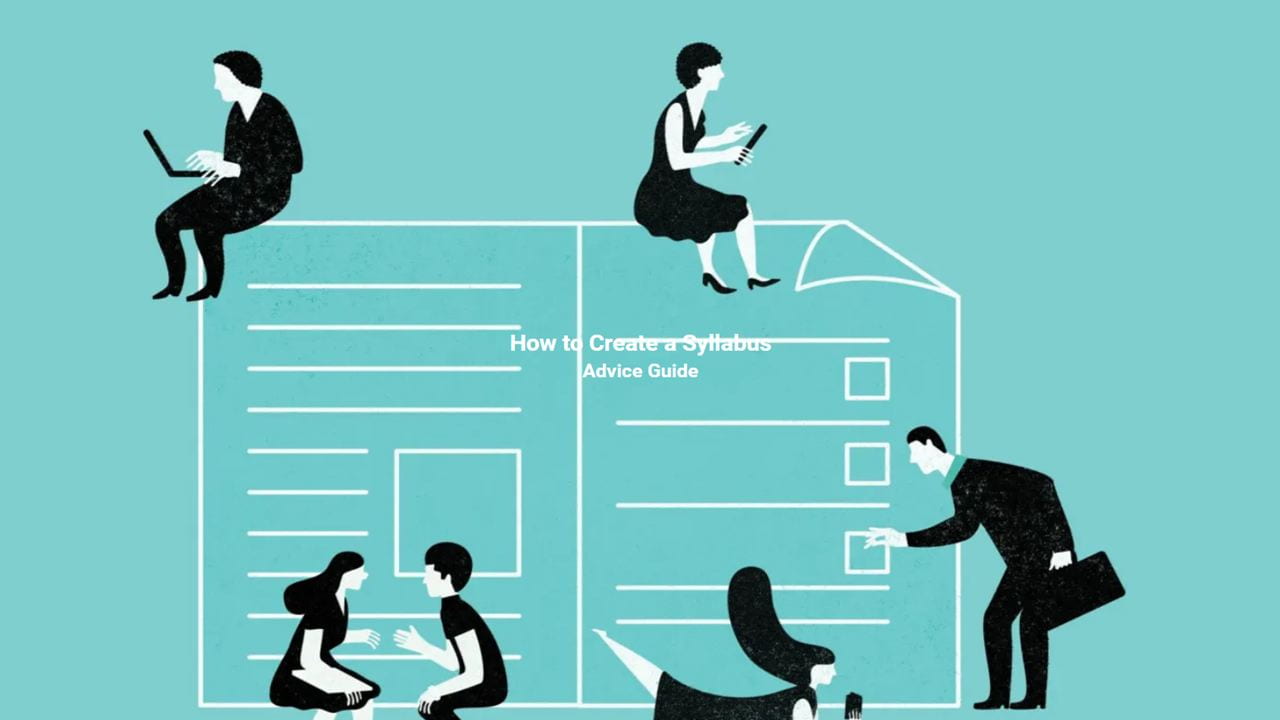
“A new school year means new beginnings, new adventures, new friendships, and new challenges. The slate is clean, and anything can happen.”
-Denise Witmer
Hello, faculty!
Instructional Development is excited to share with you our new weekly newsletter, This Week in ID. Each newsletter (or Instructional Development site blog post) will include information based on a theme that coincides with the ebbs and flows of an academic semester. We’ll strive to provide helpful, theme-relevant resources such as:
- upcoming workshops and training dates.
- tips on using technology to enhance teaching and learning.
- information about myCourses.
- and inspirational content to guide and refresh you throughout the semester.
This week our theme is embracing a fresh start, creating new opportunities to engage students, and humanizing the teaching and learning experience. Our ultimate goal is to share with you technology, best practices, and approaches that can foster a sense of community online and in the classroom and ways to personalize your courses.
Good luck with this semester’s start!
-The ID Team
CITS | Instructional Development

Who:
Beginnings are Important. What happens in the first few classes can impact the entire course. It affects the success of students. Instructors set the tone and expectations in the first few weeks of classes, and make the biggest impression on the first day. So, be sure to start off right on the right foot for you, your students, and your course(s)!
How:
In this edition learn how to:
- Design personable course welcome pages.
- Create a narration video using Kaltura or VoiceThread.
- Implement community introduction discussions.
You:
Our goal for you is to:
- Connect with your students right away.
- Create a community of learners.
- Enhance and further humanize your courses.

|
|
|
|
Carol Dweck researches “growth mindset” — the idea that we can grow our brain’s capacity to learn and solve problems. In this talk, she describes two ways to think about a problem that’s slightly too hard for you to solve. Are you not smart enough to solve it … or have you just not solved it yet? A great introduction to this influential field. |
Would you choose to build a house on top of an unfinished foundation? Of course not. Why do we rush students through education when they haven’t always grasped the basics? Yes, it’s complicated, but educator Sal Khan shares his plan to turn struggling students into scholars by helping them master concepts at their own pace. |
|
|
|
|
According to the U.S. Department of Education’s Distance Education division, distance education courses must have RSI: “regular and substantive interaction between the students and the instructor, either synchronously or asynchronously.” For many online courses, most of the interaction is learner-content. If this is the sole means of interaction, it is a correspondence course. We want to humanize a course because it is required and it is the right thing to do. |

Joe Hoyle shares his expertise from 46 years of teaching and reflects on how to set students up for success from the start of episode 164 of the Teaching in Higher Ed podcast. |
 |
Using a Course Start-Up Message to Improve Student Outcomes
Giving students a list of tips for online learning helped them better prepare for and succeed in their courses. |
 |
Engagement Tip: Create a First-Day Survey
Professors can start their academic terms off on the best foot with students by creating a first-day survey to collect information about learning goals, personal information, and prior knowledge. |
 |
How to Create a Syllabus
–The Chronicle of Higher Education “…this guide is aimed at showing you how to create or redesign a syllabus so that it’s not only an effective map of your course’s nuts-and-bolts logistics but also an invitation to actively engage in the learning process.” *Use your umassd.edu email for free access to articles! |
- myCourses sites are auto-created now! Missing a site? Let us know.
- New to myCourses? Check out Getting Started in myCourses!
- Copy previous content into a new site OR import the myCourses Starter Kit!
- Combine sites into a Master section for easier facilitation.
- Add a TA to your course(s).
- Learn how to use Kaltura!
- 9/5 – VoiceThread Basics 1: Upload, Comment, and Share
- 9/13 – Getting Started with Kahoot!
- 9/20 – Blended Teaching: Designing Meaningful Content Connections
- 9/29 – VoiceThread Basics 3: Moderating comments, private/threaded replies, and copying
- Check out our other self-paced offerings!
Instructional Development works with faculty to…
- Explore, design, and experiment with different teaching and learning modes.
- Research and integrate technologies that can enhance teaching and learning.
- Design and develop online courses and programs.
- Write learning outcomes, design assessments, craft activities, and develop content.
- Utilize best practices for using instructional technologies.
Feel free to contact us online to book an appointment!






